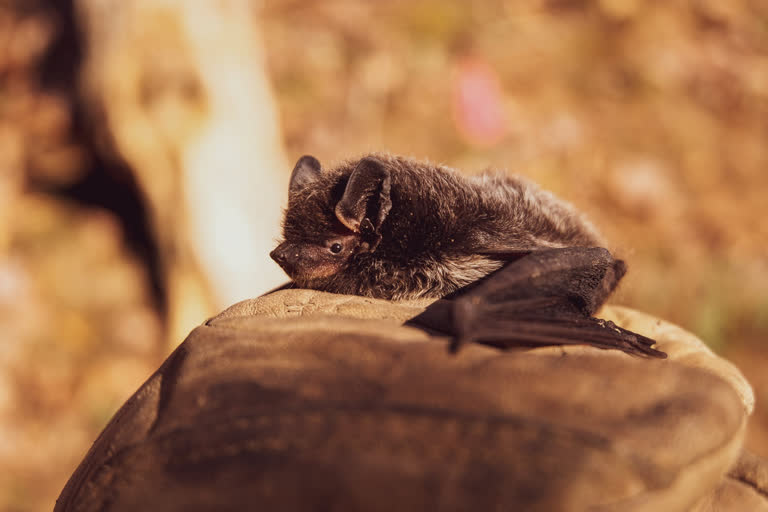New York:The capacity of bats to tolerate viruses such as the novel coronavirus may stem from their ability to control inflammation, according to a review of studies that says understanding the immune system of the flying mammals can provide new drug targets for human therapies against COVID-19.
Researchers, including those from the University of Rochester in the US, said while bats are the ancestral hosts to many deadly viruses affecting humans such as Ebola, rabies and the novel coronavirus, SARS-CoV-2, the flying mammals themselves tolerate these pathogens without ill effects.
"Although humans experience adverse symptoms when afflicted with these pathogens, bats are remarkably able to tolerate viruses and, additionally, live much longer than similar-sized land mammals," they noted in a statement.
In the review research, published in the journal Cell Metabolism, the scientists assessed how the natural ability of bats to control inflammation may be contributing to their longevity and tendency to fight off diseases.
Read |Russia 1st nation to finish human trials for Covid-19 vaccine
"With COVID-19, the inflammation goes haywire and it may be the inflammatory response that is killing the patient, more so than the virus itself," study co-author Vera Gorbunova from the University of Rochester said.
"The human immune system works like that -- once we get infected, our body sounds an alarm and we develop a fever and inflammation," Gorbunova explained.
She said the goal of this immune system response in humans is to kill the virus and fight infection, but added that it can also be a detrimental response as patients' bodies overreact to the threat.
Read |India, US to initiate COVID-19 clinical trials for Ayurvedic formulations
But unlike humans, the scientists said bats have specific mechanisms which reduce the replication of viruses in their bodies and also dampen their immune response to a virus.
As a result, they said there is a beneficial balance in bats with their immune systems controlling viruses and at the same time not mounting a strong inflammatory response.
According to the researchers, one of the factors for this ability may be driven by their flight.
